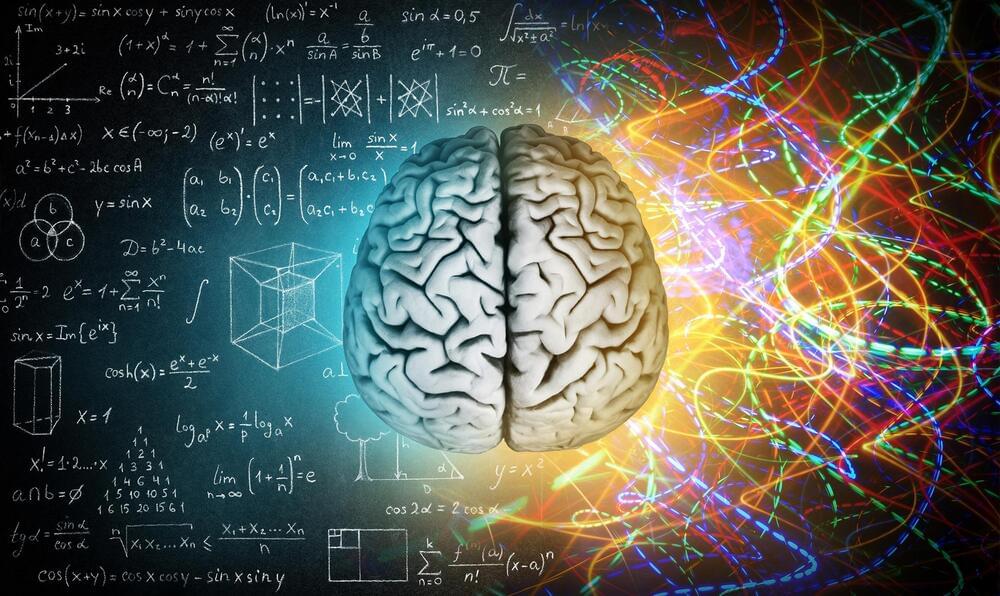In episode 220 of the Stem Cell Podcast, we chat with Dr. Michael Levin, the Director of the Allen Discovery Center and a Distinguished Professor of Biology at Tufts University. He talks about regenerating frog legs, using bioelectricity to direct development, and the potential applications of xenobots.
Roundup Papers:
1) https://go.nature.com/3NR8aaG
2) https://go.nature.com/3NFeGkT
3) https://bit.ly/39tYFiM
4) https://bit.ly/3HrKY0g.
0:00 Intro and Roundup.
38:41 Guest Interview.
#RegenerativeMedicine#MichaelLevin #Xenobots.
Listen on iTunes: https://apple.co/2T8BhPA
Listen on Stitcher: https://bit.ly/3hGwsGA
Listen on Spotify: https://spoti.fi/3xFdENP
Official Website: https://stemcellpodcast.com/
Enjoy the other episodes in our full series playlist here: https://bit.ly/3HdhWzW
Find the podcast on social media!
Follow us on Twitter: https://bit.ly/3pbfC65
Like us on Facebook: https://bit.ly/3LOu1Po.
Follow us on LinkedIn: https://bit.ly/3IeRCXb.
This podcast is brought to you by STEMCELL Technologies!


